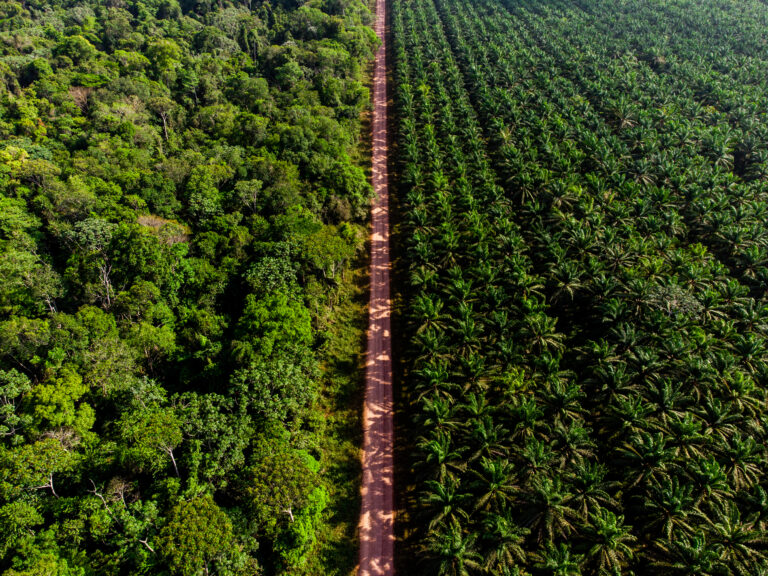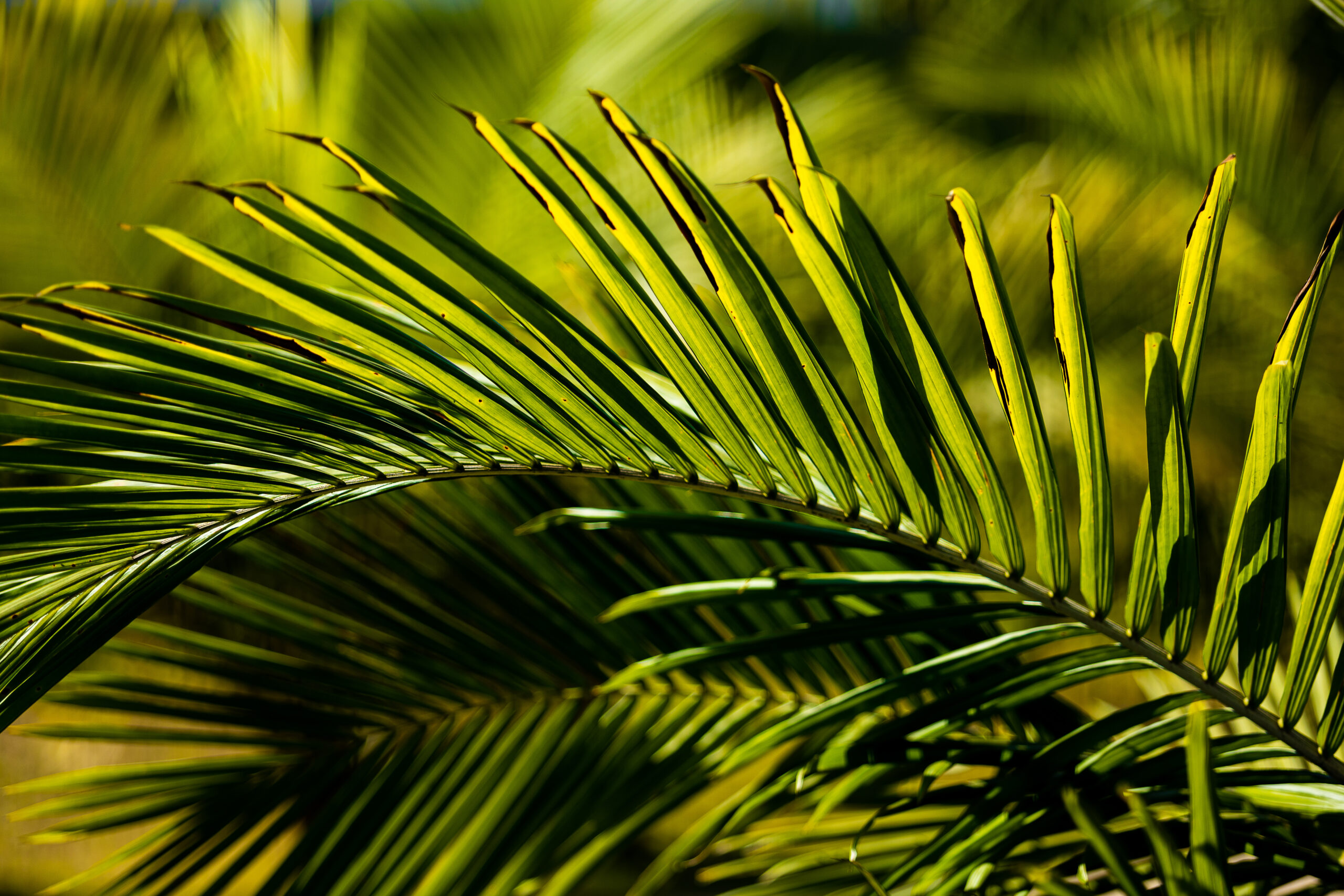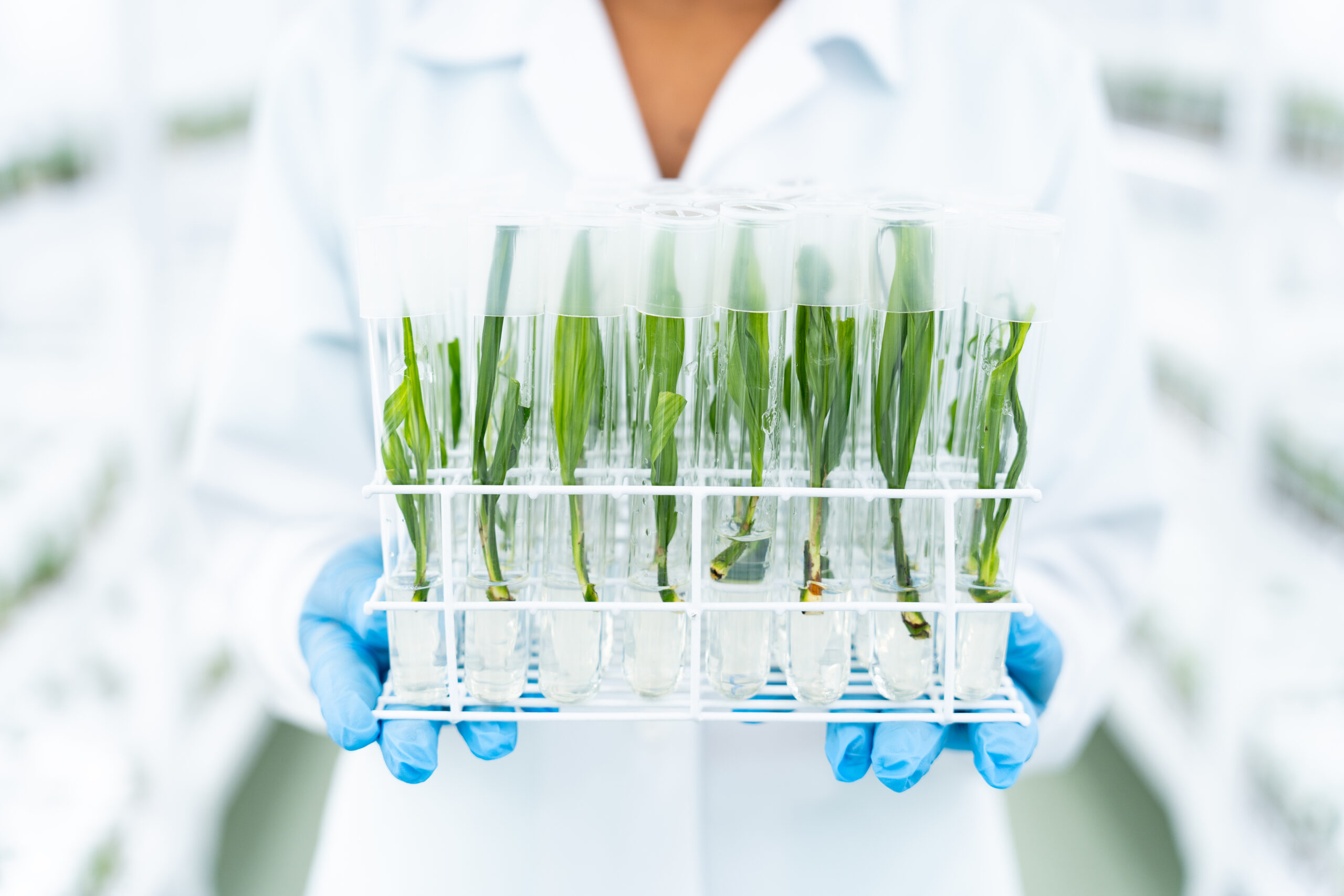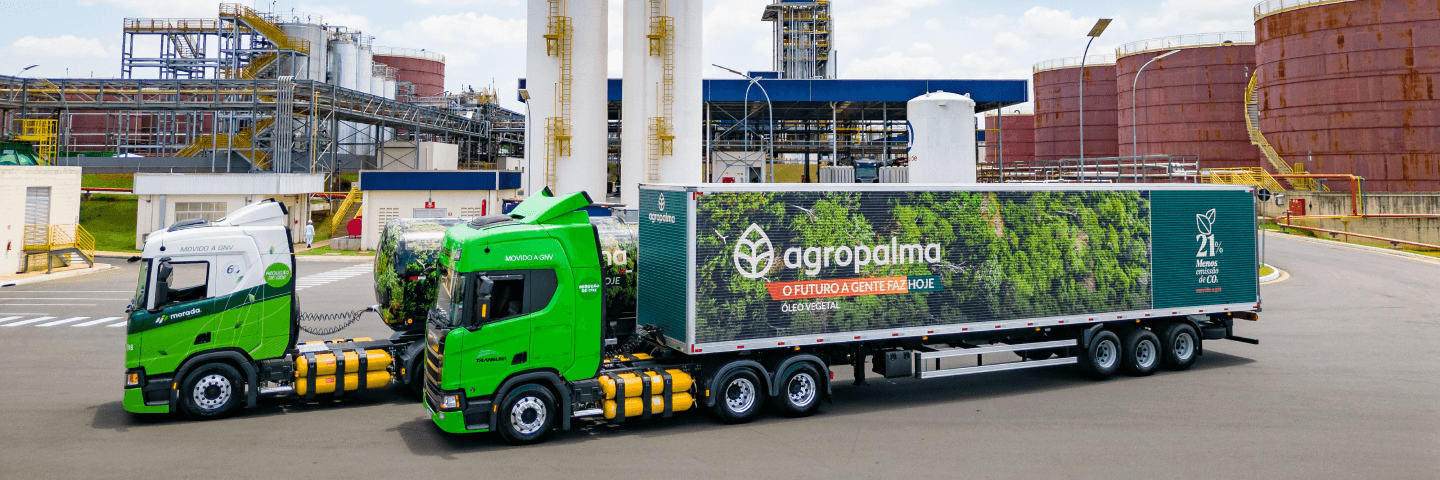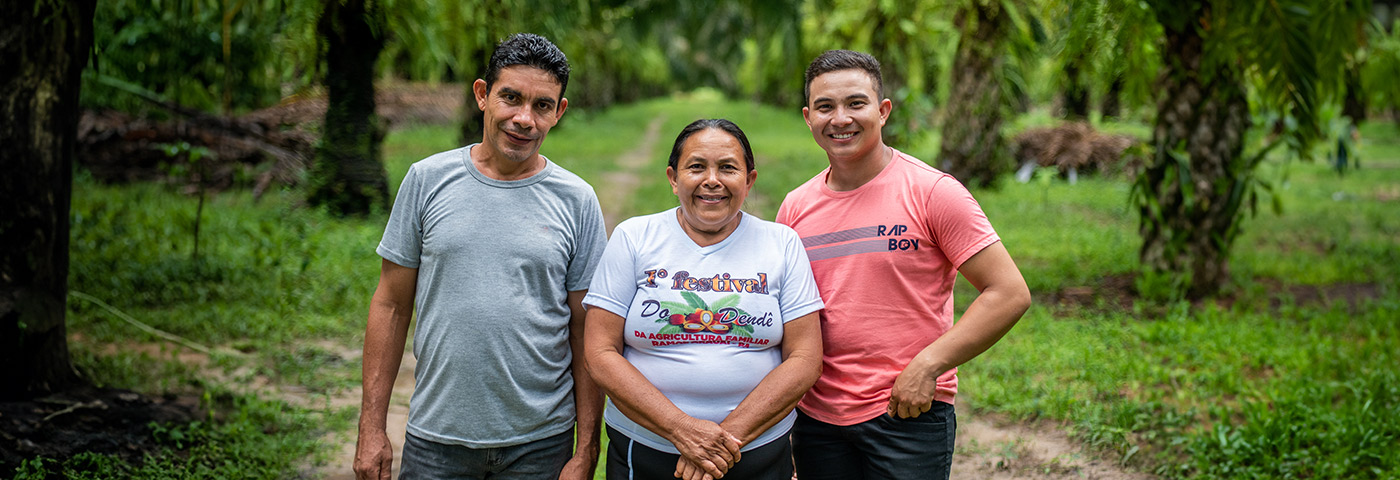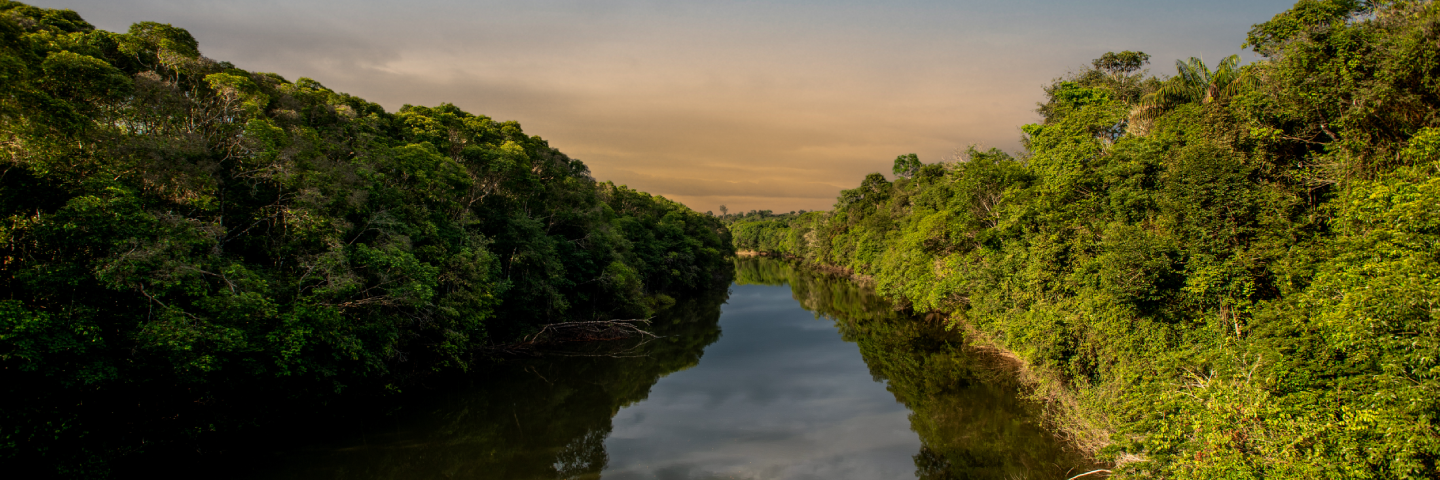A letter signed by companies, civil society organizations and Brazilian indigenous peoples will be sent this Tuesday, 10th, to US President Joe Biden and members of the Democratic and Republican parties in the United States. The group asks that the US Congress approve the creation of a US$ 9 billion fund for the conservation of tropical forests around the world, which is under debate in the US legislature.
The document has 23 signatories, including Agropalma, BVRio and Coalizão Brasil Clima, Florestas e Agricultura, an entity that represents 327 companies, banks and institutions from different sectors. Among the companies represented are Bradesco, Bayer, BRF, Cargill, FSC Brasil, Gerdau, Instituto Clima e Sociedade, Itaú Unibanco, Klabin, Marfrig, JBS, Natura, Nestlé, Santander, Suzano, Unilever, Vale and WWF Brasil.
Access to financing should be a priority for forest peoples, “who have historically contributed to their conservation and whose way of life has been directly affected by the escalation of deforestation,” says the letter. The funds, linked to the US State Department, can be used in long-term bilateral agreements with developing countries to combat deforestation and reduce greenhouse gas emissions.
“This investment must be made in the most efficient and transparent way possible with the objective of keeping the forest standing. The letter talks about this and highlights the importance of what we understand to be the priority of transferring resources to traditional communities, those most affected by climate change and who have more difficulty maintaining their quality of life, culture and their territories”, says André Guimarães, a member of Coalizão Brasil Clima, Florestas e Agricultura and Chief Executive Officer of Ipam (Amazon Environmental Research Institute).
According to Tulio Dias Brito, sustainability officer at Agropalma, a company that produces palm oil, this is the opportune moment for countries like Brazil, who can benefit from the new fund, to speak out. The objective is to show that there is interest and viable projects in these nations. “It is a project that is being deliberated in the American Congress and that directly benefits other countries. So, they need to express themselves”, he says.
Even Russia’s invasion of Ukraine, he believes, and the focus of US foreign policy in the region should not distract legislators. Brito expresses further concern on the part of Brazilian agribusiness about the effects of deforestation. “The Amazon is responsible for rainfall regulation and climate stability, and agribusiness is dependent on both”, he says.
The fund was announced by Biden in November 2021 at the United Nations Climate Change Conference (COP-26) in Glasgow. During the convention, leaders from more than 100 countries committed to halting and reversing deforestation and land degradation by 2030. The following day, Democratic Representative Steny Hoyer introduced the Amazon21 Act (America Mitigating and Achieving Zero-emissions Originating from Nature for the 21st Century Act) bill, which creates the fund.
The creation of the fund is justified in the letter by the need for developing countries to have a reliable and efficient mechanism for environmental financing that supports local efforts to maintain forests. The signatories also make recommendations to the institution, such as:
- Establish a simple and transparent financing system, with broad governance and civil society participation;
- Establish clear and responsive rules for projects conceived by all spheres of public power, communities, third sector organizations, academia and the private sector;
- Allocate resources based on results, especially in keeping the forest standing;
- Prioritize direct access to financing for forest peoples, who historically contribute to its conservation and whose way of life is directly affected by the escalation of deforestation.
In addition to Biden, the document will be sent to Secretary of State Antony Blinken, and Democratic Party members Nancy Pelosi, Speaker of the House of Representatives; Steny Hoyer, House Majority Leader and author of the bill; Bob Menendez, chairman of the Senate Foreign Relations Committee, among others. Republicans Michael McCaul, a member of the Foreign Relations Committee of the House of Representatives and James Risch, a member of the Senate Foreign Relations Committee, are also expected to receive the letter.
“Keeping the forest standing is not a matter for one country or another, it regards everyone. It’s a matter of survival”, says Toya Manchineri, coordinator of the Territory and Natural Resources Area of the Coordination of Indigenous Organizations of the Amazon Basin (COICA) and member of the Coordination of Indigenous Organizations of the Brazilian Amazon (Coiab).
While companies and entities show support to the US government for the creation of a fund that includes several other countries, another reserve, focused almost entirely on Brazil, remains frozen. Since 2019, the Amazon Fund, with more than US$1 billion, has been frozen. Maintained by Norway and Germany, it was the main source of funding for a number of environmental preservation programs. Its resources would be used, for example, in inspection bodies, such as IBAMA, and for non-governmental organizations (NGOs) to carry out sustainable development actions.
The fund was suspended after President Jair Bolsonaro took office and deforestation levels began to grow in the country. About two thirds of the Amazon Forest are in the country are. In April, for the first time, the area felled in the Amazon was above 1,000 square kilometers, according to alert data from the Deter system of the National Institute for Space Research (Inpe), an agency linked to the Ministry of Science and Technology.
In all, 1,012 square kilometers were lost, a figure 74% higher than the previous record for the month (580 square kilometers, reached in April last year). The area lost in the last month is equivalent to more than 140 thousand soccer fields.
Source: Estadão
 Back
Back